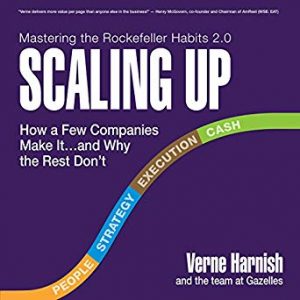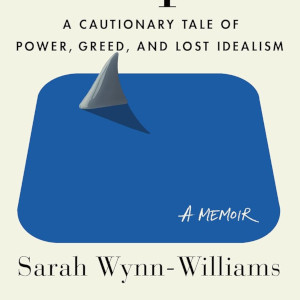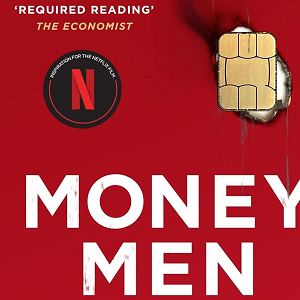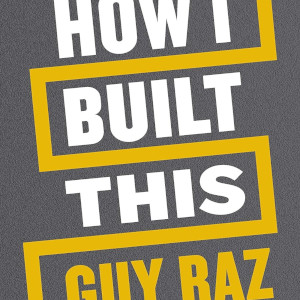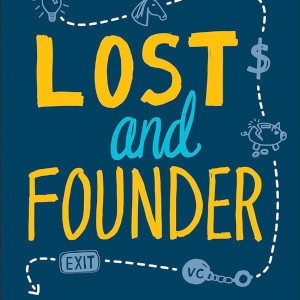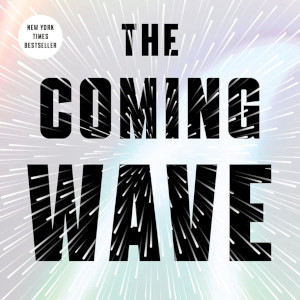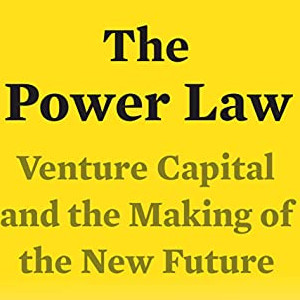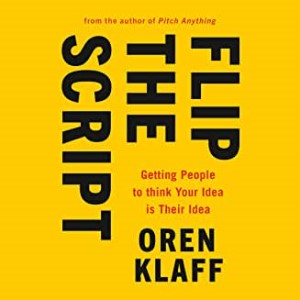More of a corporate history of Softbank than a true biography.
Attract the right team, set a market-driven strategy, prioritize wisely in execution and… don’t run out of cash
Dense ‘how-to guide’ for executives that is worth re-reading from time to time.
Sam Altman is a skillful despot, leveraging his unrivaled influencing skills to amass to what he hopes will be infinite power
Refreshingly critical biography that, unfortunately, at times digresses into unverified personal narratives and broad strokes comparisons to colonialism.
Jensen Huang has a ruthless determination and an autonomous and far-sighted vision, both of which proved justified if measured by NVIDIA’s valuation.
Stephen Witt – The thinking machine
When reading a biography that is too current: remember to skip the final chapter, because it will be inevitably speculative and outdated.
Facebook leadership does not care about employees or humanity, but only about market power and profit.
Sarah Wynn-Williams – Careless people
To make the central thesis compelling, it would have been better to split the book in two: one on Facebook’s policy choices and one on how it treats its employees.
Set your own standards and use the power of commitments to raise the bar
Jason Jaggard – Beyong high performance
The shameless pursuit of excellence is inspiring.
If, as a financial journalist, you want to bring down a fraudulent fintech startup, you need to be very, very careful
The Netflix documentary is better, because it has less extensive digressions into the author’s personal life.
The conventional wisdom of what an entrepreneur needs to do to achieve success can be conveyed through a gazillion anecdotes
Not bad advice, but too many examples of non-scalable businesses and too few eye-openers to make the book worthwhile.
Founders are gaslighted by VCs in order to convince them that they need to take high risks that are not in their own best interest
Rand Fishkin – Lost and Founder
Juicy slightly contrarian view written with sufficient self-deprication in order not to offend anyone in the vally.
To contain AI (and synthetic biology), humanity should bet on regulation
Mustafa Suleyman – The coming wave
In the light of the message of the book, the writer’s move to join Microsoft as AI chief in early 2024 was surprising.
Use ‘validated learning’ to launch your ‘MVP’, and ‘pivot’ when your ‘value and growth hypotheses’ are falsified
A staple of startup literature, advocating a deceivingly simple concept which is hard to get right (as is proven by the examples of startups that have failed since publication).
Re-read 2024: Even though some examples are by now pretty stale, there are still many relevant insights in there.
If you want to learn how to build good products or start yur own company, Tony Fadell recommends listening to Tony Fadell
Tony Fadell – Build
Shamelessly self-aggrandizing autobiography dressed-up as self-help book for entrepreneurs.
To learn how to make an open source software project a commercial success, study business models in the media industry
Nadia Eghbal – Working in Public
From an economical perspective, open source software is no different from other content that is published online.
To benefit the most from network effects: build local scale, fiercely fight for each new value pocket, and remember that every hockey stick will become an S-curve
The book proves that those A16Z folks are very good at marketing sauce on not-so-ground-breaking ideas (as described by Sebastian Mallaby)
Venture Capital has been of major importance in the making of the tech industry in general, and Silicon Valley in particular.
Sebastian Mallaby – The Power Law
Nice as a description of the historical evolution of the VC phenomenon, but rather condoning in its evaluation.
PayPal has been successful first and foremost because of ruthless competitiveness and a maniacal work ethic
In hindsight, the early internet was shockingly primitive.
The secret to closing a deal is convincing content, delivered convincingly
The gripping storytelling makes the shameless bragging accceptable and entertaining.
From the start, WeWork’s business model was eerily similar to that of Regus while Adam Neumann’s main skill was conning investors
Eloit Brown and Maureen Farrell – The cult of We
The book is too overtly written with the benefit of hindsight, which makes the cautionary tale less compelling.
A start-up in retail should resolve significant friction in the value chain and/or the consumers’ lives
Christiane Lemieux and Duff McDonald – Frictionless
Story on repeat: X had a frustration, X is so privileged that she can raise at least a couple of $100k from friends and family, and X starts an amazing company to solve the problem – at least in theory – for herself and the rest of the world.
Apparently, the success factors that made Jack Ma are his command of the English language, his showmanship
After a reasonably insightful chapter describing Alibaba’s strategy, the book slides into an enumeration of facts that illustrate the way in which China’s government steers private enterprise.


